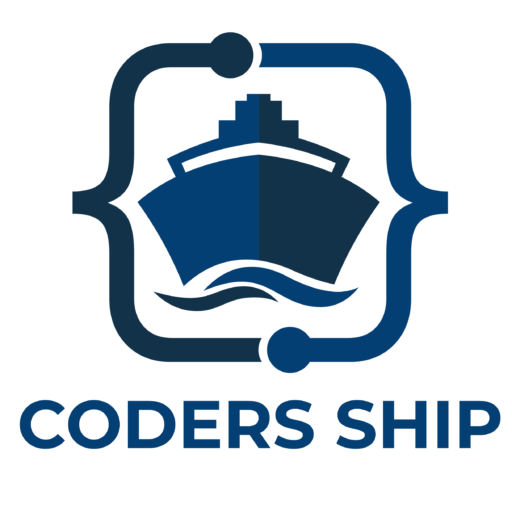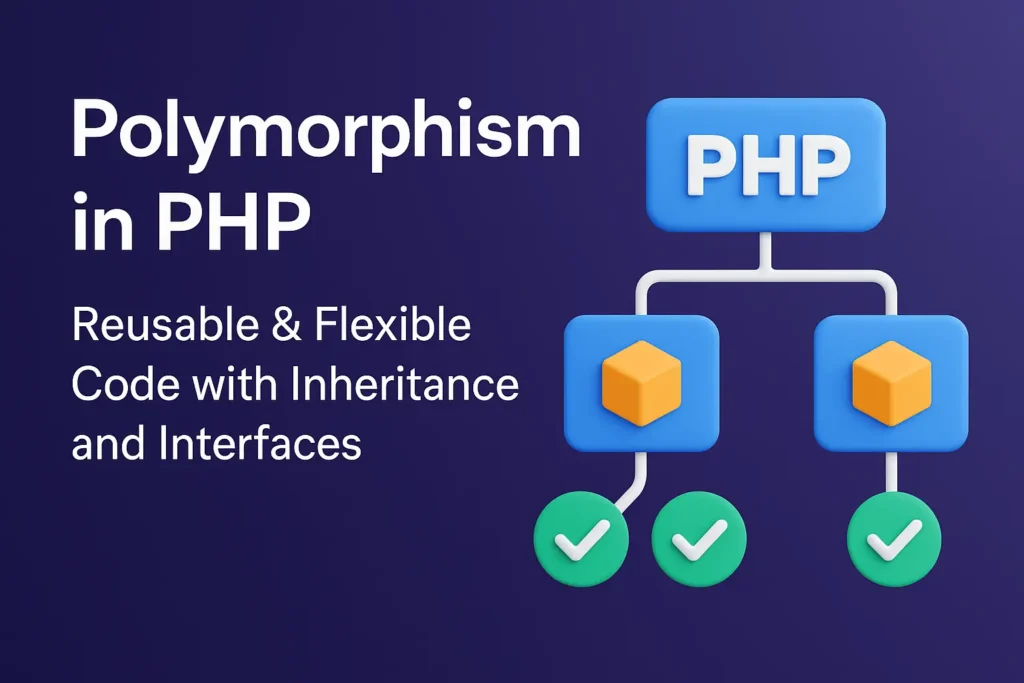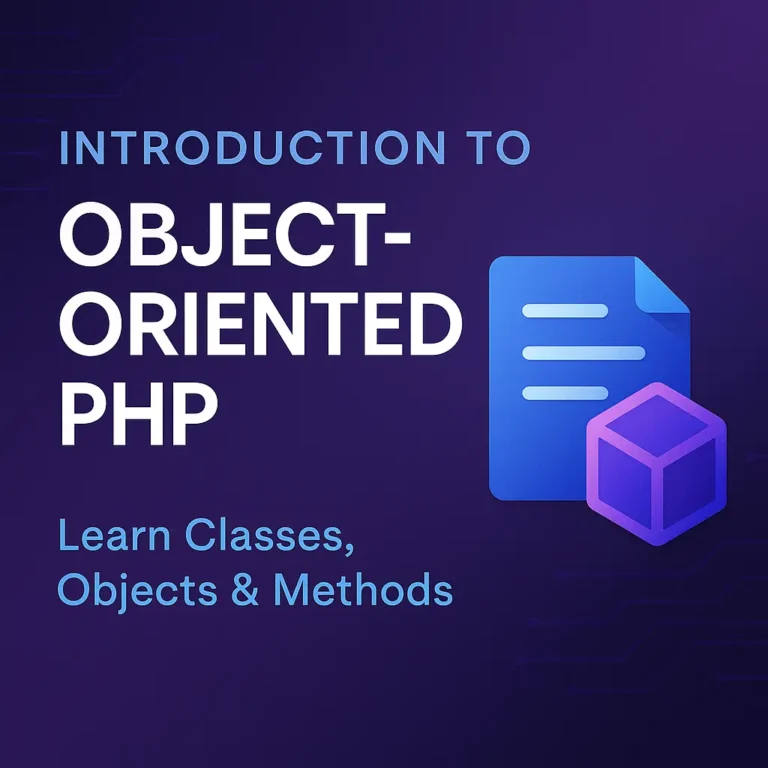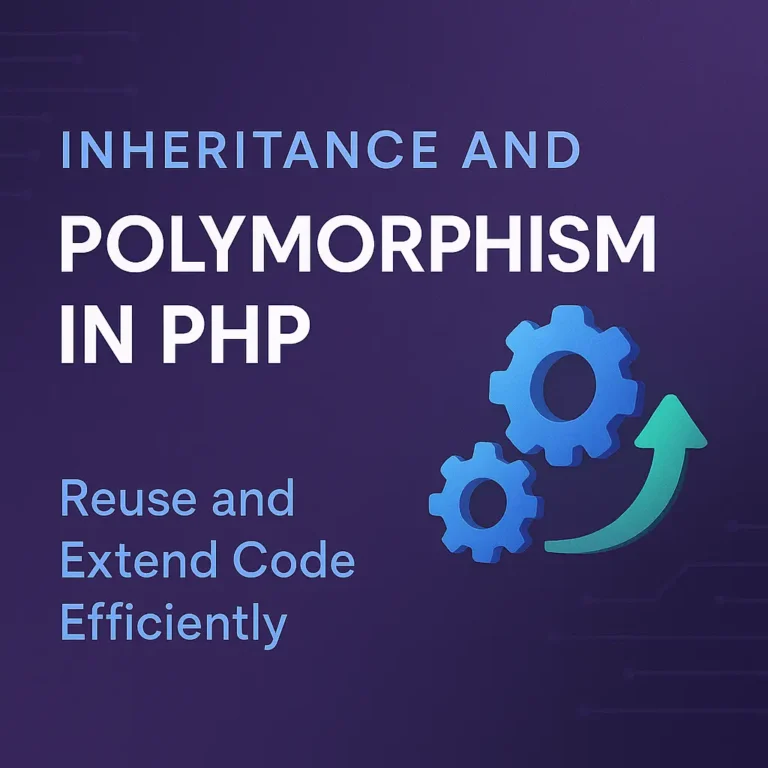The specific action is determined by the exact nature of the situation. In PHP, polymorphism is typically achieved through method overriding and interfaces. This article will delve into the concept of polymorphism, focusing on method overriding, and provide practical examples to illustrate its use in PHP.
Understanding Polymorphism
Polymorphism, derived from the Greek words “poly” (many) and “morph” (form), allows objects of different classes to be treated through the same interface. This is possible because these classes implement a common interface or inherit from a common base class. Polymorphism is vital for designing scalable and maintainable code, as it enables flexible and interchangeable object behaviors.
Types of Polymorphism
Compile-Time Polymorphism (Method Overloading): This type of polymorphism is not supported by PHP as it involves having multiple methods in the same scope with the same name but different signatures (parameter lists).
Run-Time Polymorphism (Method Overriding): This type of polymorphism is achieved when a subclass provides a specific implementation of a method that is already defined in its superclass.
Method Overriding in PHP
Method overriding occurs when a subclass provides a specific implementation for a method that is already defined in its parent class. The overridden method in the subclass has the same name, return type, and parameters as the method in the parent class. This allows the subclass to provide a specific behavior for the method, making it different from the general behavior defined in the parent class.
Benefits of Method Overriding
Dynamic Method Binding: The method that gets invoked is determined at runtime based on the object’s type.
Code Reusability: Allows subclasses to reuse methods from the parent class and extend or modify them.
Improved Flexibility: Enables changing or extending the behavior of inherited methods without altering the parent class.
Example: Method Overriding in PHP
Let’s explore method overriding with a simple example involving a base class Animal and a derived class Dog.
class Animal {
public function makeSound() {
echo "Some generic animal sound\n";
}
}
class Dog extends Animal {
public function makeSound() {
echo "Bark\n";
}
}
// Client code
$animal = new Animal();
$animal->makeSound(); // Outputs: Some generic animal sound
$dog = new Dog();
$dog->makeSound(); // Outputs: Bark
In this example, the Dog class overrides the makeSound method of the Animal class. When the makeSound method is called on a Dog object, it executes the makeSound method defined in the Dog class rather than the one in the Animal class.
Polymorphism with Interfaces
PHP interfaces provide another way to achieve polymorphism. An interface defines a contract (a set of methods) that implementing classes must follow. This ensures that different classes can be used interchangeably if they implement the same interface.
Example: Polymorphism with Interfaces
interface Shape {
public function draw();
}
class Circle implements Shape {
public function draw() {
echo "Drawing a circle\n";
}
}
class Rectangle implements Shape {
public function draw() {
echo "Drawing a rectangle\n";
}
}
// Client code
function drawShape(Shape $shape) {
$shape->draw();
}
$circle = new Circle();
$rectangle = new Rectangle();
drawShape($circle); // Outputs: Drawing a circle
drawShape($rectangle); // Outputs: Drawing a rectangle
In this example, both Circle and Rectangle classes implement the Shape interface, ensuring that they both have a draw method. The drawShape function can accept any object that implements the Shape interface, demonstrating polymorphism.
Practical Applications of Polymorphism
Polymorphism is widely used in various applications to enhance flexibility and maintainability. Here are some common scenarios:
Scenario 1: Handling Different Payment Methods
interface PaymentMethod {
public function processPayment($amount);
}
class CreditCardPayment implements PaymentMethod {
public function processPayment($amount) {
echo "Processing credit card payment of $amount\n";
}
}
class PayPalPayment implements PaymentMethod {
public function processPayment($amount) {
echo "Processing PayPal payment of $amount\n";
}
}
class PaymentProcessor {
public function process(PaymentMethod $paymentMethod, $amount) {
$paymentMethod->processPayment($amount);
}
}
// Client code
$paymentProcessor = new PaymentProcessor();
$creditCard = new CreditCardPayment();
$paypal = new PayPalPayment();
$paymentProcessor->process($creditCard, 100); // Outputs: Processing credit card payment of 100
$paymentProcessor->process($paypal, 200); // Outputs: Processing PayPal payment of 200
In this scenario, the PaymentProcessor class can handle different types of payment methods without knowing the specifics of each method. This makes the code more flexible and easier to extend with new payment methods.
Scenario 2: Logging Mechanism
interface Logger {
public function log($message);
}
class FileLogger implements Logger {
public function log($message) {
echo "Logging to file: $message\n";
}
}
class DatabaseLogger implements Logger {
public function log($message) {
echo "Logging to database: $message\n";
}
}
class Application {
private $logger;
public function __construct(Logger $logger) {
$this->logger = $logger;
}
public function run() {
$this->logger->log("Application started");
}
}
// Client code
$fileLogger = new FileLogger();
$dbLogger = new DatabaseLogger();
$app = new Application($fileLogger);
$app->run(); // Outputs: Logging to file: Application started
$app = new Application($dbLogger);
$app->run(); // Outputs: Logging to database: Application started
In this scenario, the Application class can use any logging mechanism that implements the Logger interface. This allows for easy switching between different logging mechanisms.
Conclusion
Polymorphism is a powerful concept in PHP and other object-oriented languages, enabling developers to write flexible and maintainable code. Through method overriding and interfaces, polymorphism allows different objects to be treated through a common interface, promoting code reusability and extensibility.
Method overriding is a key aspect of polymorphism, allowing subclasses to provide specific implementations for methods defined in their parent classes. This enables dynamic method binding, where the method that gets executed is determined at runtime based on the object’s type.
Interfaces further enhance polymorphism by defining contracts that classes must adhere to, ensuring interchangeable object behavior. By leveraging polymorphism, developers can design robust systems that are easy to extend and maintain, making it a crucial tool in modern software development.






